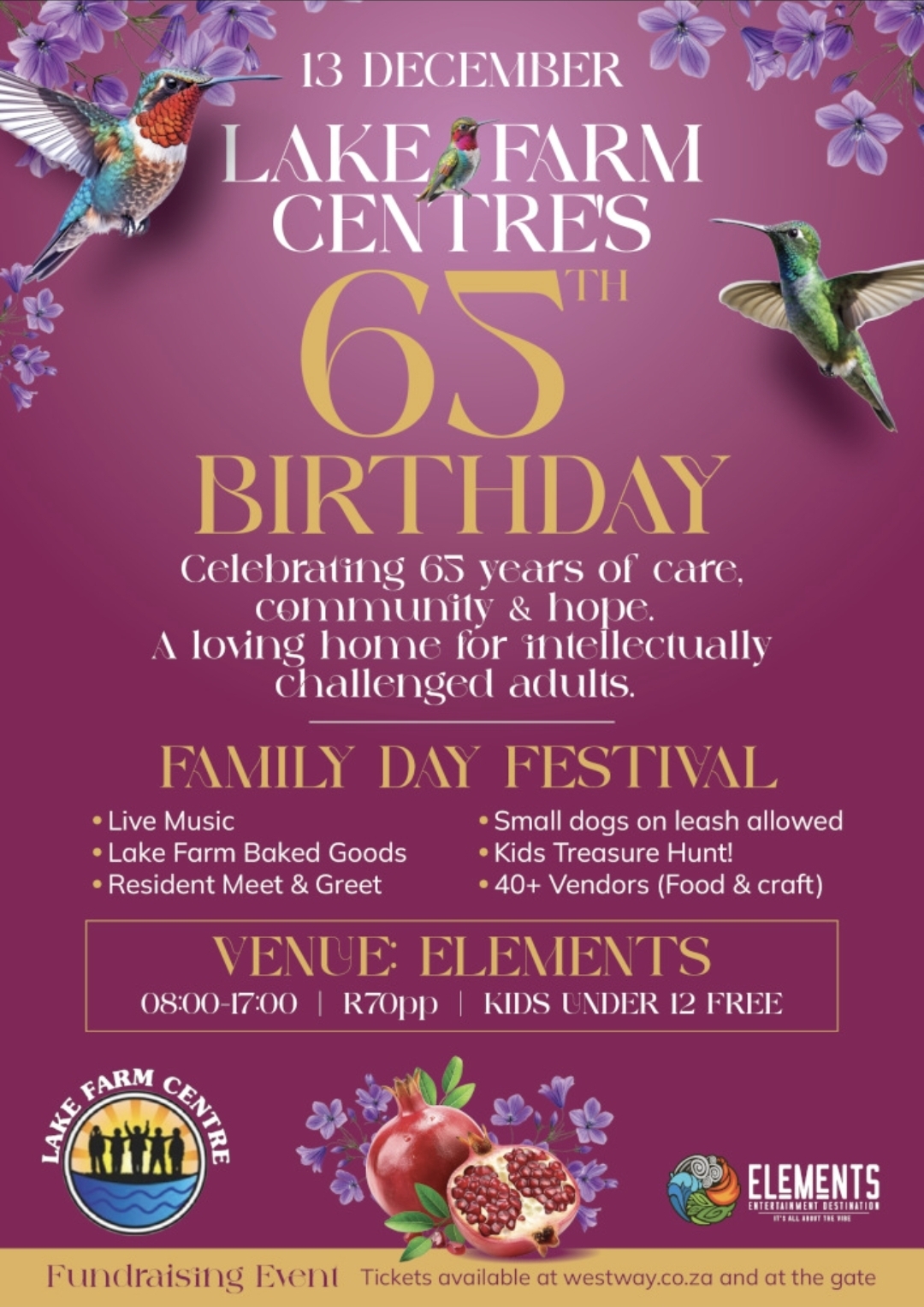Having a last will / testament is non-negotiable, especially if you have minor children or a vulnerable adult child.
If you choose not to draft a will or your will is found to be invalid, you will be deemed to have died intestate.
Without a Will, you forfeit all control over the division of your assets and what happens to your children, pets, and precious belongings; you are essentially allowing those appointed by the courts to handle your affairs. Sometimes the state’s decisions may go against what you wanted for your family and finances.
Many people have funeral policies and life insurance in place, but doesn’t deem a last Will as important. This is unfortunately not true. A valid Will is possibly the most critical component in securing your family’s financial future when you die.
The consequences to the family of someone dying intestate are never ideal and can lead to heartache for those left behind, particularly if there are children or a vulnerable adult child involved – their future can be seriously at risk.
What happens to Your Belongings & Money if you don’t have a Will?
If you die without a will, your money and belongings are divided according to the Intestate Succession Act, 1987 (Act 81 of 1987). This Act is very specific about how assets are divided i.e. they are divided among close relatives in order of relation.
For example:
If you are survived by a spouse but no children, your spouse will receive the entirety of your estate.
If you have a spouse and children and die intestate, your spouse will receive the same as a child’s share of the estate or R250,000 of your assets, whichever is more i.e. your children will receive an equal share of the balance of your estate after your spouse has received their portion of your money and belongings.
If you die without children or a spouse, your extended family i.e., your parents, siblings, aunts, and uncles will inherit from your estate according to how closely related they are.
If you don’t have parents, siblings, aunts or uncles to inherit your estate, your nearest relative will inherit your estate, and this could be someone you did not even know.
Who becomes the Executor of your Estate if you Die Intestate?
When someone dies with a Will, they indicate who their estate’s executor will be. This isn’t the case when you die intestate.
The executor is the person responsible for dividing the assets according to the wishes of the deceased and is usually someone the person trusts to handle their affairs. But, without a Will to indicate who this person will be, the responsibility of who the executor is falls to the Master of the High Court.
Although the heirs to the estate can nominate an executor to the Master, this may not be the person the Master appoints, especially if the heirs are not in accord. This is often where the delay in the dividing of assets happen, which can then take years.
What if There are Minor Children or a Vulnerable Adult Child?
Possibly more important than the division of the assets is what happens to minor children or a vulnerable adult child when someone dies without a Will.
This can be a devastating experience for children, especially in the case of a single parent dying, as they are ultimately either placed with a legal guardian appointed by the state or in foster care.
If only one parent passes, the other parent typically becomes the legal guardian of the children. However, if the other parent is not active in the children’s lives or can’t be located, the state will determine who the legal guardian should be according to the state’s assessment of what is in the child’s best interests.
Read the blog on Provider / Testamentary Trusts for more info on how to secure your vulnerable adult child’s future.
Please click the link below to read more about what the experts say about The Unintended implications of dying intestate.
https://www.moneyweb.co.za/in-depth/fisa/unintended-implications-of-dying-intestate





